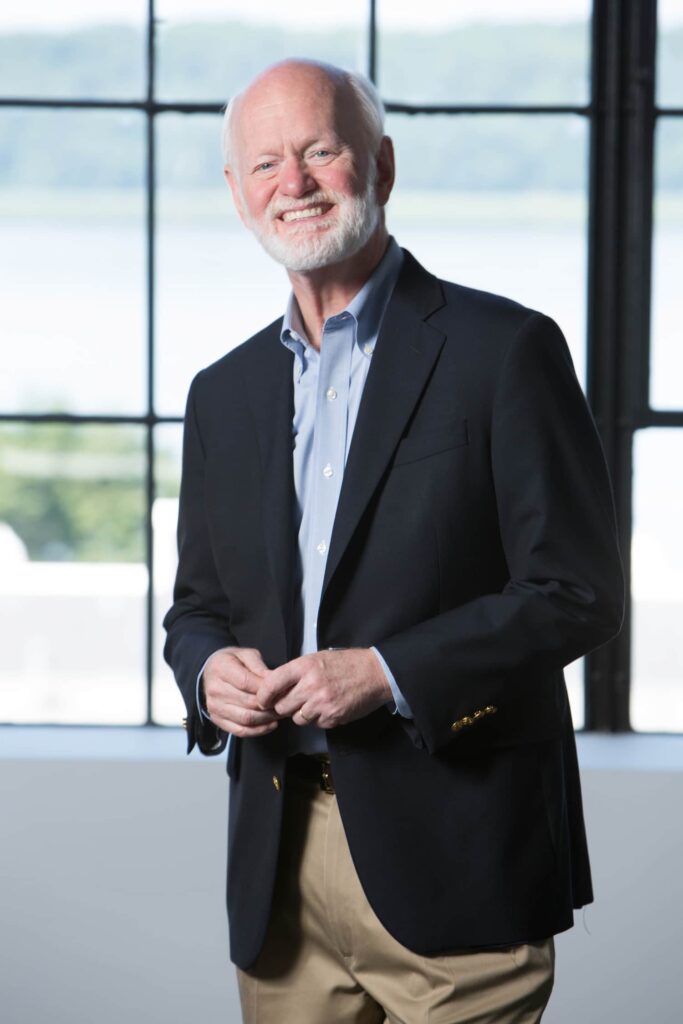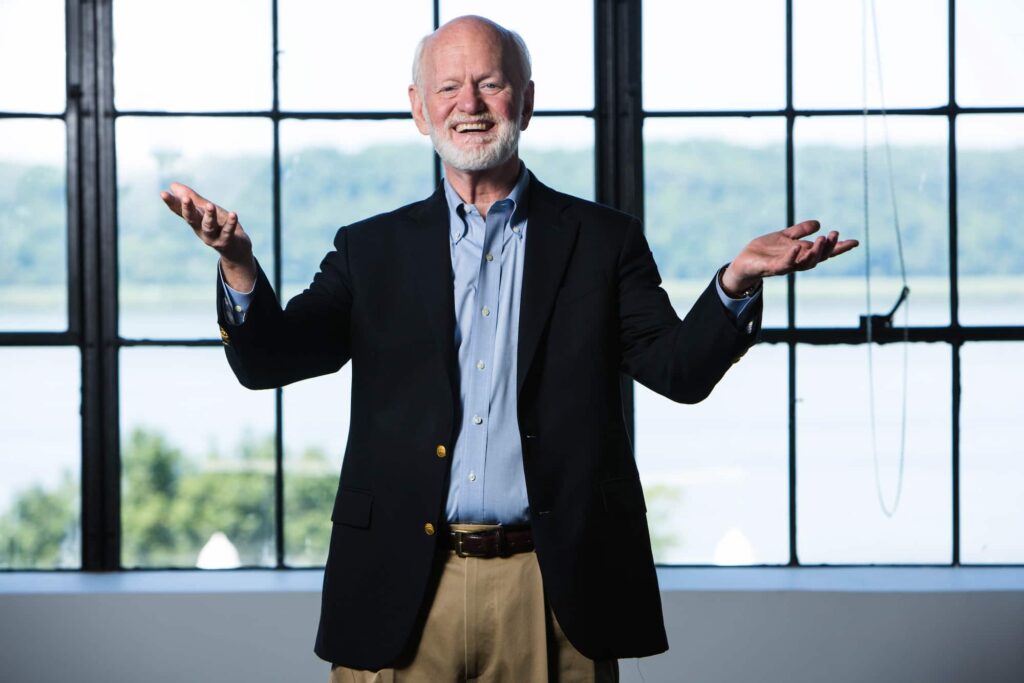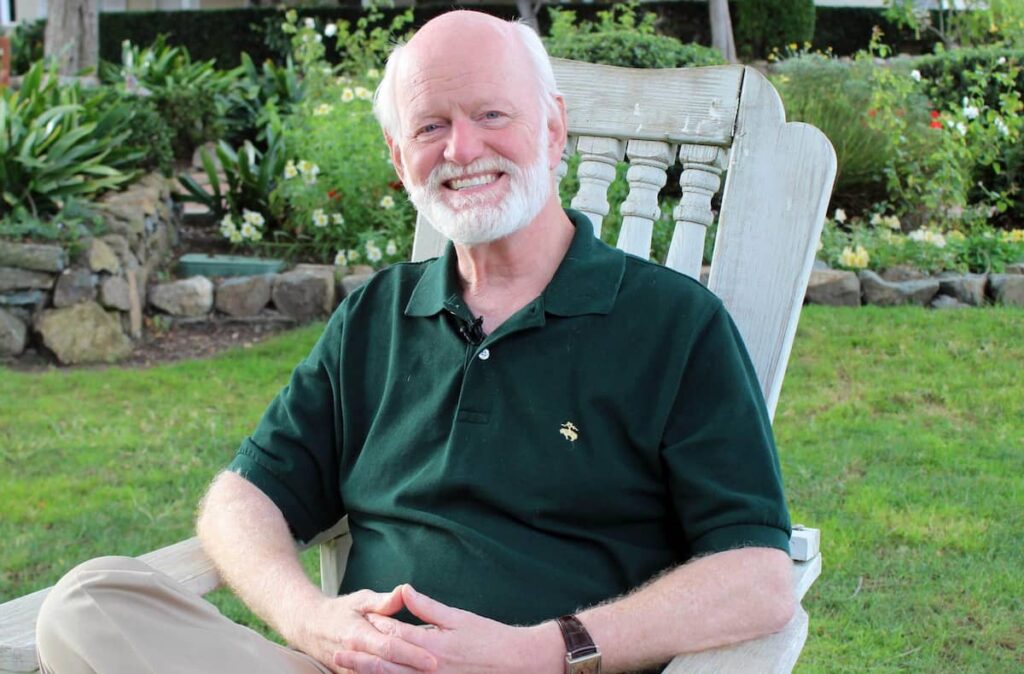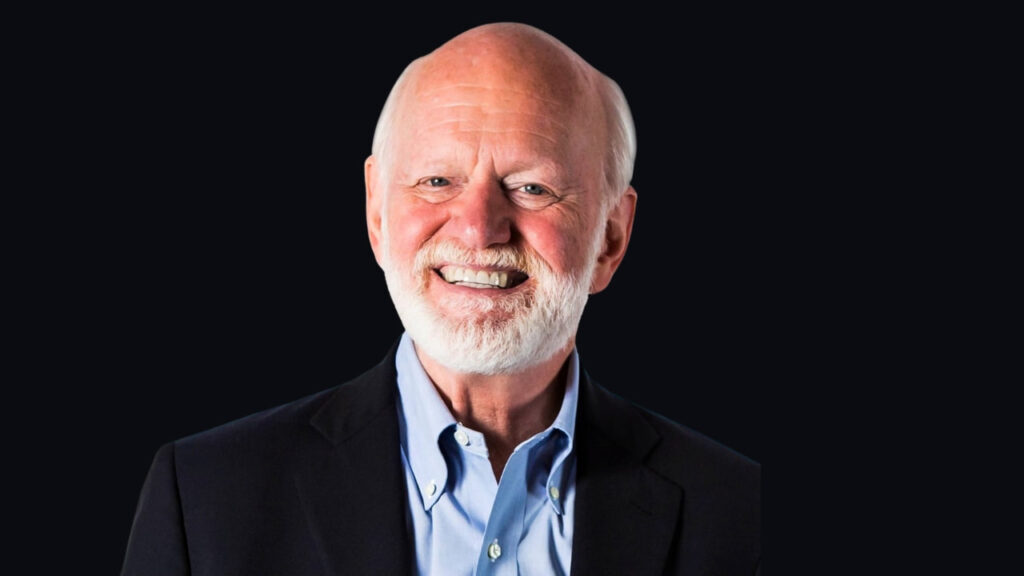Beyond Titles: Goldsmith’s
Path to Real Leadership Change
Best Executive Coach of the Year, 2025

Marshall Goldsmith is an executive coach, educator, and bestselling author who has spent over four decades guiding leaders toward greater effectiveness and fulfillment. Known around the world for his practical and impactful coaching style, he focuses on behavioral change, stakeholder engagement, and personal accountability. His work is grounded in real-world application rather than abstract theory, and his influence has touched CEOs, entrepreneurs, and top organizations across various continents and industries. As the author or editor of over 50 books, including the widely acclaimed What Got You Here Won’t Get You There, The Earned Life, and Triggers, Marshall has become a trusted voice in leadership development. At EliteX, we are proud to have Marshall Goldsmith as the Best Executive Coach of the Year, 2025.
His journey into executive coaching began with a bold challenge. A company asked him to coach a talented yet controversial young executive. Instead of demanding a fee upfront, Marshall made a unique offer: if the people around the executive believed he had improved after one year, then he would get paid—otherwise, he wouldn’t. That experience not only led to a successful transformation but also laid the foundation for what became his signature approach: Stakeholder Centered Coaching. It’s a framework built on the idea that real change is visible and measurable, not just to the individual, but to everyone they work with.
“The willingness to change is the first step toward real transformation.”
What makes Marshall’s coaching method stand out is its relentless focus on follow-up, feedback, and accountability. He doesn’t rely on personality assessments or complex psychological models. Instead, he helps leaders pinpoint specific behaviors they need to improve, gathers feedback from key people in their lives, and tracks measurable progress over time. A key principle is that it’s not enough for leaders to feel like they’ve improved—the people around them must also notice the change. In fact, Marshall’s unique pay-for-results model reinforces this outcome-driven philosophy: he only gets paid when his clients get better, as judged by their stakeholders.
Marshall defines success not by promotions or accolades but by how a leader is perceived by those who matter most—colleagues, direct reports, partners, and stakeholders. He helps clients achieve this kind of transformation by creating a structured plan: identifying critical areas for improvement, involving others in the process, following up regularly, and measuring results. The method sounds simple, but executing it consistently requires courage, humility, and discipline.
According to Marshall, those three traits—humility, courage, and discipline—are essential qualities for any great leader in today’s world. Humility allows leaders to admit they don’t have all the answers. Courage gives them the strength to accept feedback and embrace change, even when it’s uncomfortable. Discipline helps them stay committed to the process long enough to see results. These qualities are especially important in today’s fast-paced and uncertain business environment, where leaders must adapt quickly and inspire trust within their teams.

Marshall understands that leadership doesn’t look the same in every industry or role. He has worked with a diverse range of clients, from startup founders and government leaders to Fortune 500 CEOs. While human behavior and psychology remain universal, his coaching is always customized to suit each client’s unique context. He believes the best coaching doesn’t teach people how to lead but rather helps them become more effective within their own environment.
One of the most challenging experiences Marshall faced was coaching a CEO who had no desire to change. Though successful in his role, the executive’s behavior had raised concerns within the company. The board insisted on coaching, but the leader was resistant. Marshall didn’t sugarcoat the situation. He told the executive, “You don’t have to change—unless you want to keep your job.” That honest moment opened the door. Over time, the CEO began to see that true leadership isn’t about being right; it’s about helping others succeed. By shifting his focus and listening more, he gradually rebuilt trust with his team. For Marshall, this was a reminder that the willingness to change is the first step toward real transformation.
“Coaching isn’t about fixing flaws—it’s about unlocking potential and aligning behavior with values.”
One of the most inspiring stories Marshall shares is about his time working with Alan Mulally, the former CEO of Ford Motor Company. Alan was already a proven leader when they met, but what set him apart was his openness to feedback and his genuine humility. He didn’t just go through the motions of coaching—he embraced it wholeheartedly. Alan asked for input from his team, listened carefully, and made visible changes. His commitment had a ripple effect, transforming the culture at Ford and guiding the company through one of its toughest eras. For Marshall, this kind of authentic leadership is unforgettable—it’s the kind that changes not just individuals but entire organizations.
To stay current with changing leadership trends, workplace culture, and emerging challenges, Marshall remains a lifelong student. He reads widely, collaborates with both academics and practitioners, and most importantly, listens closely to his clients. Much of his learning comes from these real-time conversations. He also engages with younger leaders to stay connected to the values of new generations, such as inclusion, psychological safety, and purpose-driven work.

Empathy, emotional intelligence, and authenticity are central to Marshall’s coaching. He believes that without empathy, the coaching relationship becomes cold and transactional. Without emotional intelligence, it lacks the nuance needed for real change. And without authenticity, there’s no trust. His clients are often under immense pressure, managing high-stakes decisions. What they need is someone who can hold them accountable while also understanding and supporting them. Empathy creates space for feedback to be received openly. Emotional intelligence guides the process of change. And authenticity builds the trust necessary to sustain that change.
Executive coaching has changed significantly in recent years. What used to be seen as a corrective tool for struggling leaders is now recognized as a vital resource for high performers. Organizations no longer view coaching as a luxury or a last resort—they see it as a strategic investment in leadership development. Coaching has also become more embedded in company culture, extending beyond the C-suite to impact teams and departments. Looking ahead, Marshall envisions a future where coaching is more accessible to people at every level and increasingly enhanced by data, analytics, and AI. Yet, despite technological advances, he firmly believes coaching will always be a human experience, rooted in reflection and connection.
“It’s not enough for leaders to feel like they’ve improved—the people around them must also notice the change.”
For those just starting out as coaches, Marshall offers three pieces of advice. First, listen more than you talk. The real power of coaching lies not in giving advice but in creating space for others to discover their own insights. Second, aim to be useful rather than impressive. A coach’s job isn’t to shine—it’s to help others do so. And third, hold your clients accountable. Being supportive doesn’t mean avoiding hard truths; it means delivering them with care and purpose. A common misconception about executive coaching is that it’s about fixing flaws. In reality, Marshall sees coaching as a way to unlock potential and align a person’s behavior with their values and goals. Everyone has room to grow—coaching isn’t about pointing out what’s wrong but about helping people build on what’s already strong. It’s not therapy, nor is it consulting. It’s a partnership that requires courage, honesty, and action.
Outside of coaching, what keeps Marshall grounded is simple: his family, his clients, and his curiosity. Despite his global travels and high-profile engagements, his joy comes from human connection. He also practices a daily exercise called the Six Daily Questions, which he uses to reflect on how well he’s living according to his own values. These questions help him stay centered, reminding him to focus on happiness, relationships, progress, and meaning.

Looking ahead to 2025 and beyond, Marshall is especially excited about a project that brings together decades of his work in a fresh, accessible format: the Marshall BOT. This artificial intelligence tool has been trained on all of his content—books, articles, videos, and coaching tools—and is designed to support users on their leadership and personal development journeys. Available at marshallgoldsmith.ai, the BOT offers coaching tips, reflective prompts, and actionable advice. Marshall hopes it will help democratize coaching by making it available to more people, anytime and anywhere. His goal is to extend the reach of his methods beyond traditional one-on-one sessions and create a scalable, supportive tool for continuous growth.
Through his career, Marshall Goldsmith has remained focused on one thing: helping people get better. Not just for themselves, but for the people they lead, the organizations they serve, and the lives they touch. His work is a testament to the power of humility, the strength of commitment, and the belief that true leadership is measured not by how much you know, but by how much you grow.
“Great coaches never stop being students—curiosity is what keeps us connected, relevant, and effective.”
